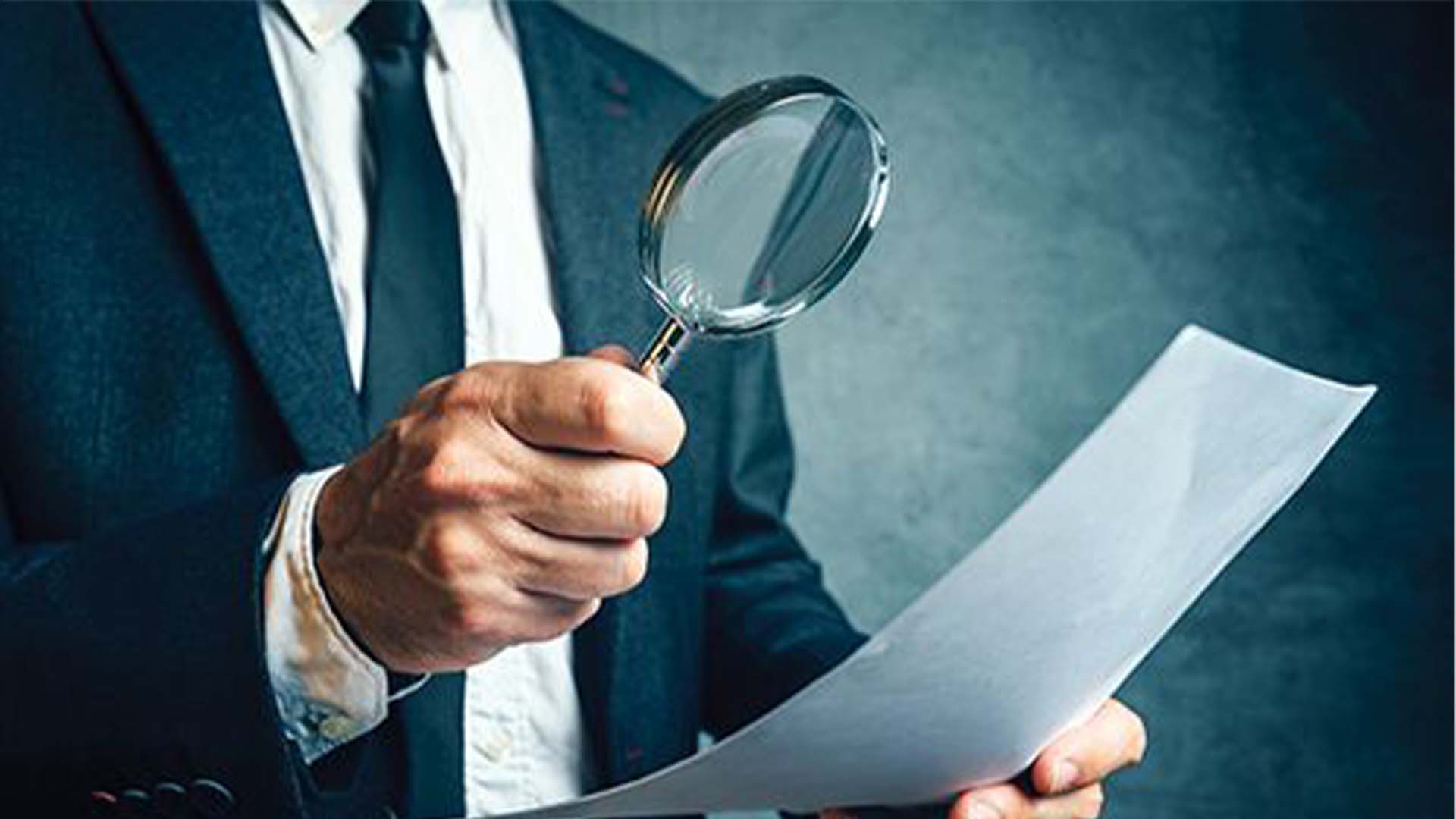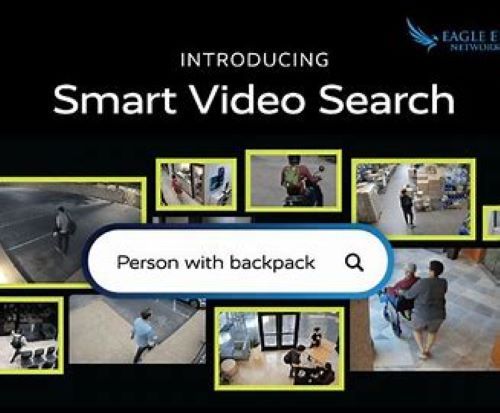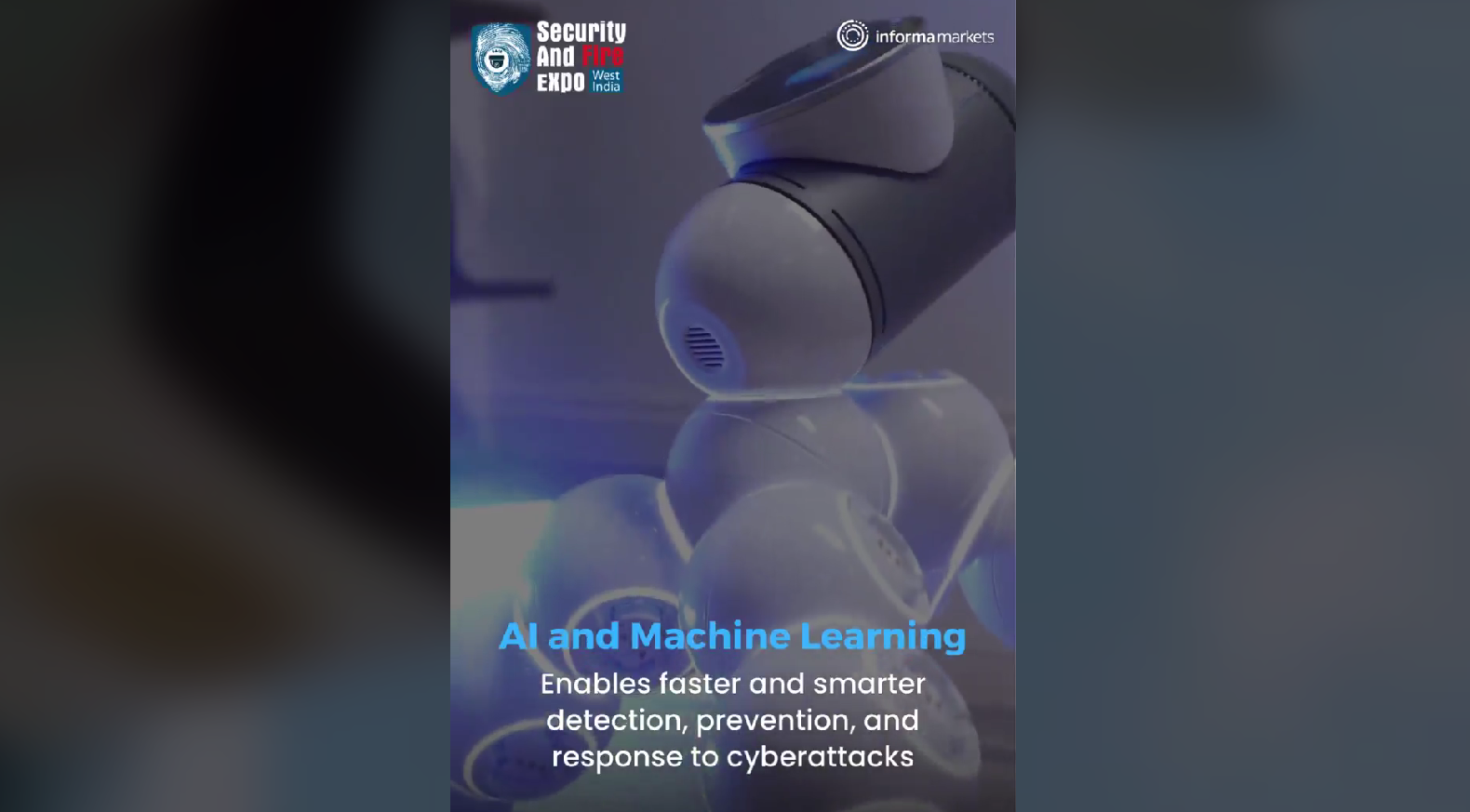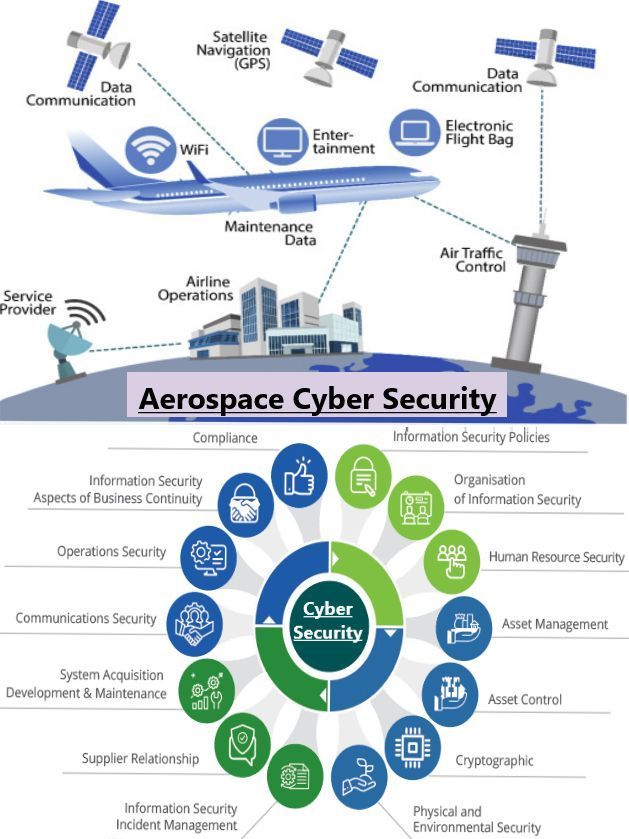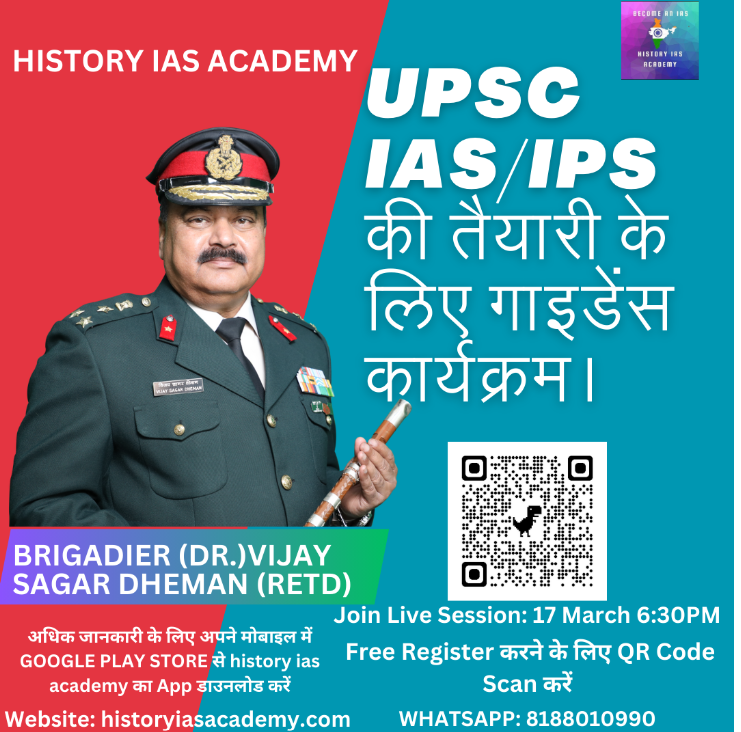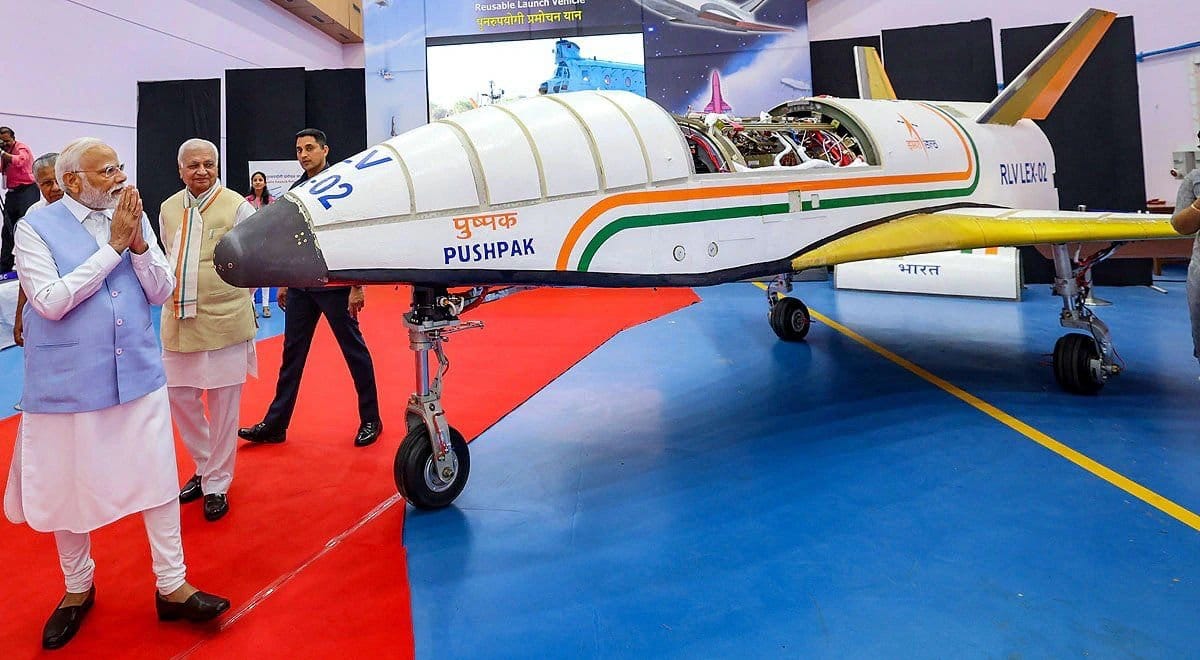Know more from Dr. Husein Sakerwala CISM®, CPP®, PCI®, PSP®
Did you know that 83% of all Private Security Professionals are qualified and comfortable in undertaking investigations at the workplace?
An internal investigation is when a company formally investigates whether there was a policy or legal violation in the workplace. The investigation will involve speaking to witnesses, looking at relevant documentation, and anything else that will help the company understand what happened and what do they need to do about it.
As a private security professional, you will be tasked with conducting investigations very often. Some of the common types of workplace investigations that you may undertake are:-
1. General Misconduct
2. Workplace Violence, Bullying and Threats
3. Sexual Harassment
4. Theft/ Fraud/ Embezzlement
5. Harassment/ Stalking
As an investigator, your purpose is to enable the employer to understand the full facts of a matter or incident and allow fair, objective and informed decision-making to bring the matter to a conclusion.
Sometimes the investigation will be short and only involve a discrete inquiry. Other times, the investigation will be lengthy and involve investigating multiple issues.
In both cases, some of the qualities of an effective investigator that are expected of you are:-
1. Impartiality – in fact and appearance.
2. Empathy – Sensitive questioning is key in helping people feel at ease, which will in turn help to encourage honest responses and the clearest picture of the incident in question.
3. Ability to determine the credibility of witnesses.
4. Ability to determine when to maintain confidentiality.
5. Good interviewing skills and ability to identify follow-up questions when new facts or issues arise during an interview.
6. “Communication fit” with the personalities & backgrounds of potential witnesses (an ability to develop rapport, press for admissions, and to understand interviewees).
7. Knows how to probe, deal with emotions, manage resistance from witnesses (without intimidation), listen carefully, address follow-up questions, and remain patient.
8. Ability to take thorough, accurate notes, prepare well-written reports, testify and make a good witness.
9. Forward thinking mindset.
10. An aptitude for multitasking.


